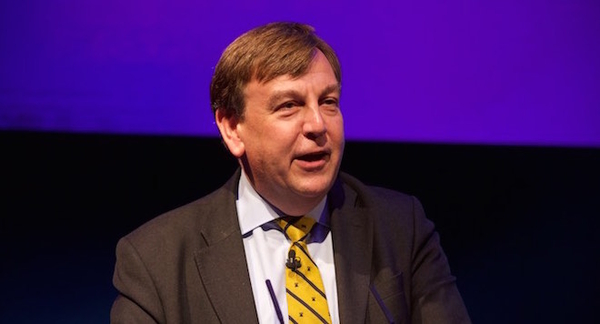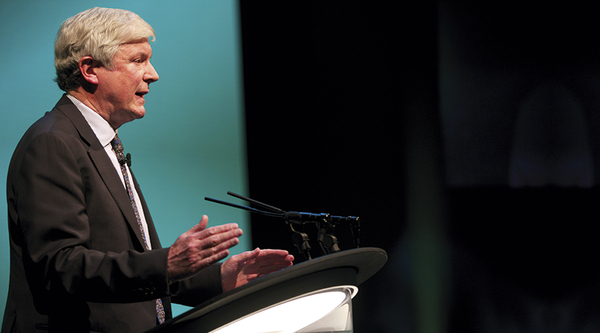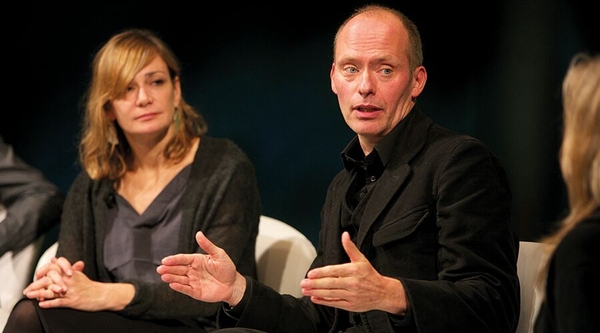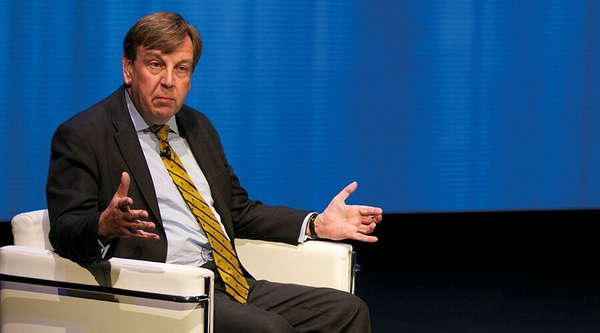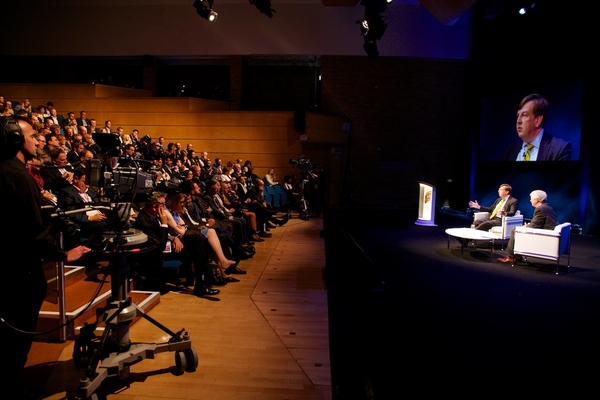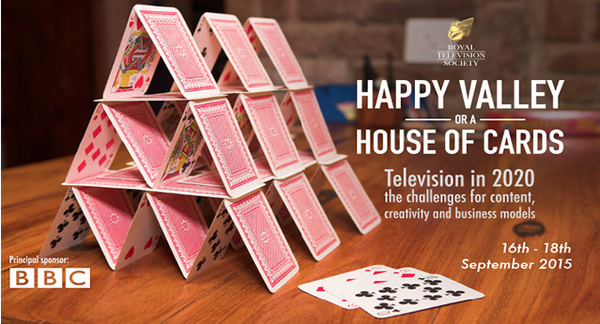Who should keep the BBC honest?
There is no need to hire Nostradamus to predict what BBC governance will look like in the future. What had been the most likely outcome became a racing certainty after the publication of the Clementi report in March. It should be officially confirmed when culture secretary John Whittingdale publishes the white paper on the renewal of the BBC’s Royal Charter, due later this month.
As Sir David Clementi, the former Chair of Prudential, made clear in his consultation paper, there were only three possible models for future BBC governance and regulation.



